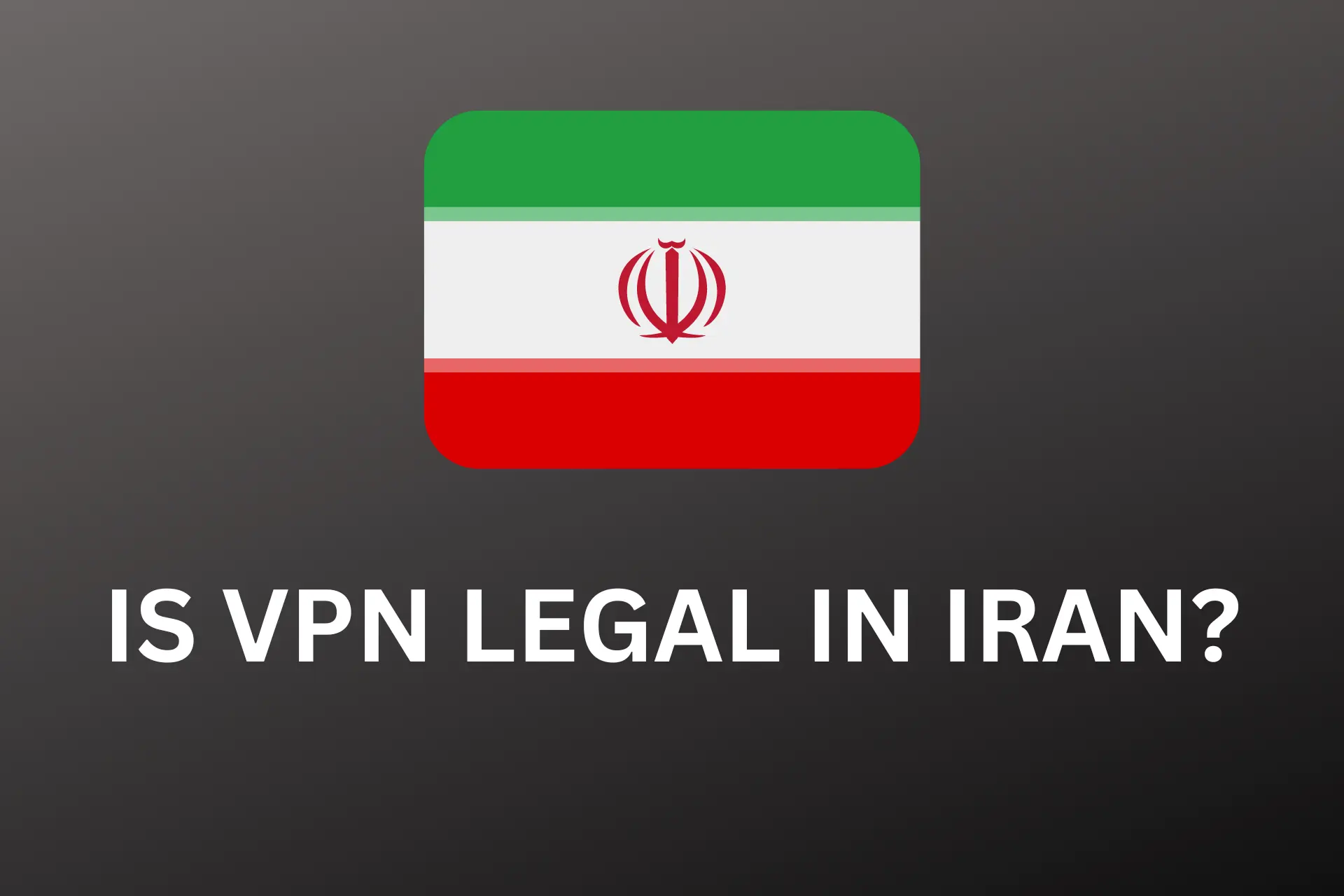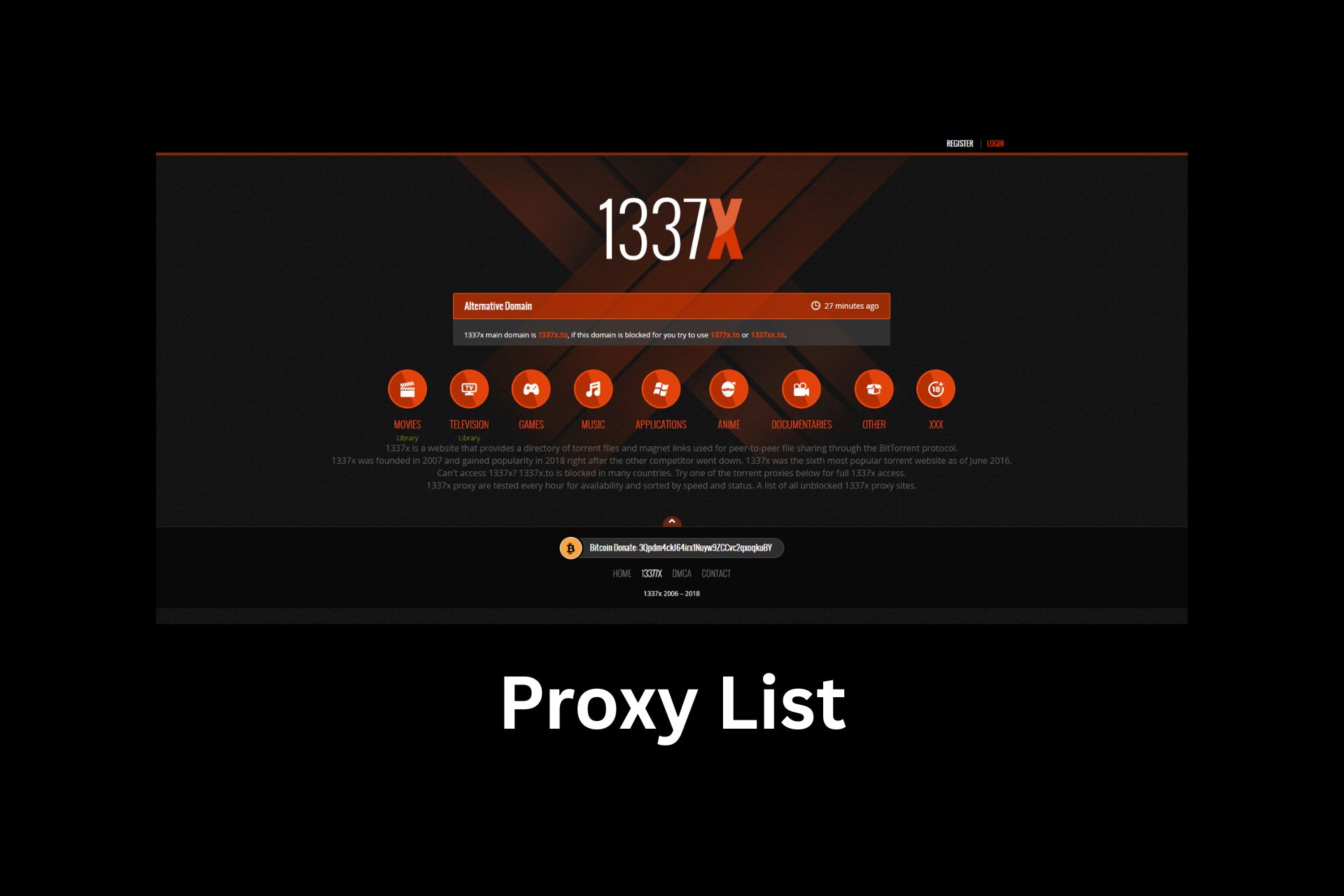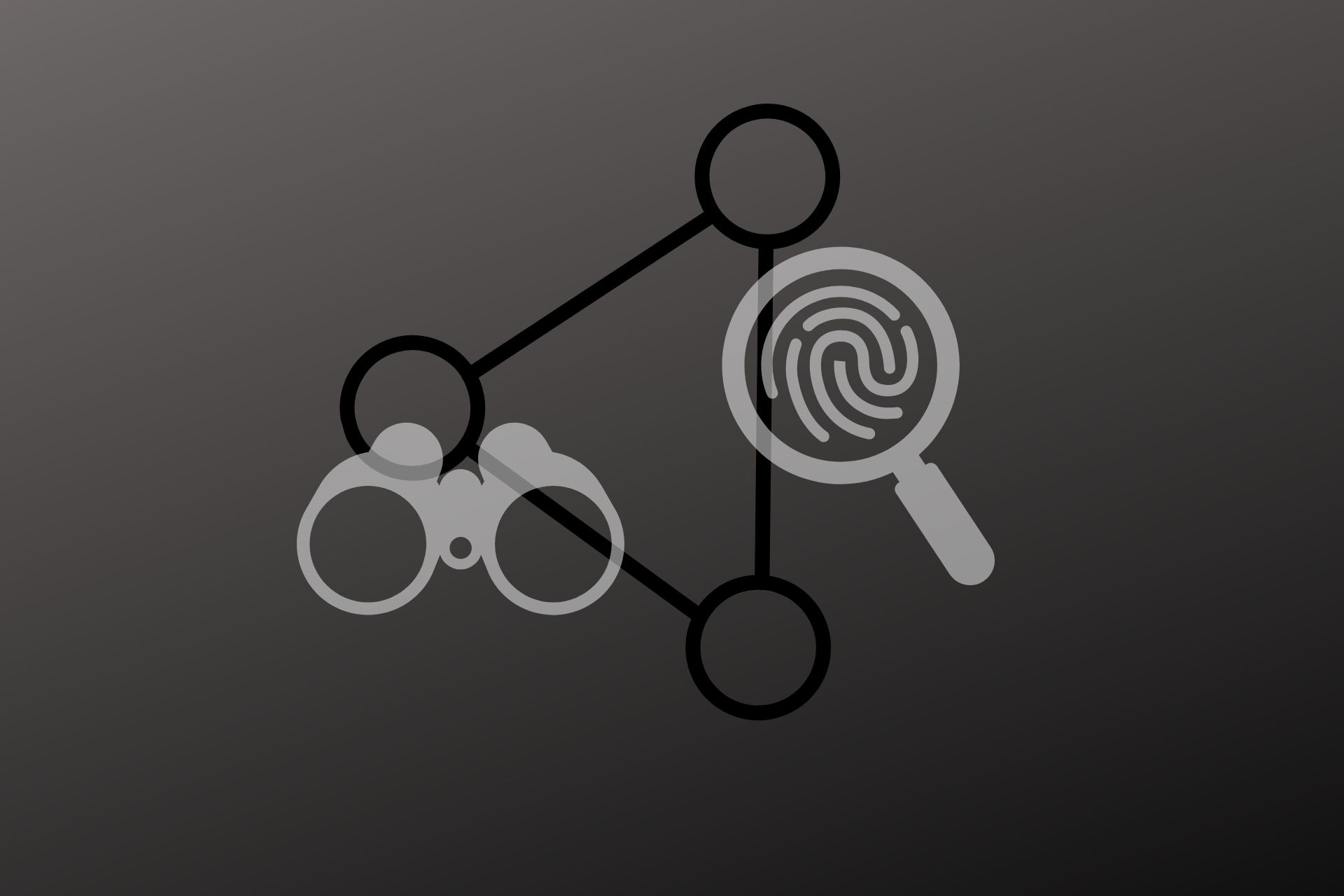Is VPN legal In Iran? Restrictions Explained [2026]

Update: As of February 20, 2024, using a VPN service illegal in Iran, “except for those with a legal permit.”
Residents and visitors in Iran are under severe internet usage restrictions imposed by the Islamic Republic.
This massive censorship came after protests over a woman’s arrest for violating Iran’s dress code in 2022.
Social media platforms discussing the event, like Instagram and WhatsApp, were blocked alongside other websites.
Therefore, it is no surprise that about 80% of people in Iran resort to VPNs to bypass these restrictions.
That said, the government puts great effort into slowing down the internet and restricting social apps, especially during protests.
Therefore, it is important to know whether using a VPN in Iran is legal or not.
That’s why we will explore why VPN usage is prevalent in Iran and clarify the legal implications of it.
Let’s find out!
Is VPN legal in Iran?
No, VPNs are not legal in Iran. Also, the government heavily blocks and restricts them.
Its primary concern is controlling the flow of information and preventing citizens from accessing inappropriate content, especially against the administration.
But there’s more!
In 2013, the Iranian government issued orders to block non-government-approved VPN services.
According to VPN users online, popular services like Hotspot Shield, NordVPN, etc., work in Iran, despite the government’s attempt to block them.
However, they are difficult to download so people use mirrors or lesser-known VPNs that are not yet blocked.
Basically, access to VPN sites and VPN listings in app stores may be blocked, but actual VPN IPs and ports seem to work just fine.
Also, according to Article 14 of Iran’s Computer Crimes Law, any website or online content deemed immoral or against Islamic principles is blocked.
Therefore, the government sees using VPNs to access such content as a violation of the law.
You can be punished by a term of 91 days to 2 years of imprisonment, a fine of 5,000,000 to 40,000,000 Rials, or imprisonment and a fine.
In addition, the government passed a bill aimed at criminalizing the distribution and use of VPNs.
Why is it a good idea to use a VPN in Iran?
Despite the legal gray area surrounding VPN use in Iran, there are several reasons why using one is a good idea.
Here are a few:
⛔ Accessing blocked content
In Iran, services commonly used in other countries, such as WhatsApp, Telegram, Hulu, Netflix, Reddit, and many more, are not accessible.
Now, services like Hulu and Netflix are geo-blocked because of their own regulations. However, the Iranian government is blocking others to control the information available to citizens.
Regardless, by using a VPN, people can bypass these restrictions by connecting to a server location where the content is accessible.
Consequently, your IP address changes to one from the server’s country, lifting up all the restrictions from Iran.
Online Privacy
A VPN can protect online privacy by encrypting your internet traffic and masking your IP address.
Encryption scrambles your data into a code called ciphertext which is random letters and symbols, for instance, *3#PUryuBjlbhGbqn2!
However, this code can only be translated back into its original form with the appropriate decryption key.
This will protect sensitive information such as credit card numbers and personal messages from being tracked by unauthorized entities.
Therefore, it will make it more difficult for hackers or malicious actors to intercept and steal your personal information.
It can also prevent the government from monitoring your internet activity and social media accounts.
Iranian internet users can then confidently browse the internet anonymously without leaving behind their digital footprints.
?️ Enhanced security
Phishing attacks and malware are common on the internet.
They can be highly dangerous for people who voice their disagreement or criticism towards the government.
In certain situations, government-backed cyber operations may use malware to target such individuals.
Although a VPN can’t stop these threats, it can block some ports from opening.
Therefore, it will make it difficult for malware to establish a channel to transfer data or receive commands.
However, other security measures, such as using antivirus software and responsible browsing habits, should be used for maximum protection.
How to choose a VPN for Iran
Note that not all VPNs are created equal.
Some claim to offer privacy and security but may be logging user data or leaking IP addresses.
Therefore, choosing a reputable VPN provider that offers strong encryption, a no-logs policy, and reliable customer support is important.
It is also worth noting that the Iranian government is known to block access to VPN providers’ sites.
So it is crucial to choose a VPN provider that works well in Iran.
Summary
While using VPN in Iran is technically legal, the government restricts its use.
However, there are several reasons why using a VPN in Iran is a good idea.
This includes accessing blocked and geo-restricted content and enhancing online privacy and security.
It is essential to exercise caution and choose a reputable VPN provider to ensure maximum privacy and security while using a VPN in Iran. If a VPN becomes inaccessible, you can still get around restrictions by using a proxy for Iran, which provides an alternative way to bypass blocks.
Read our disclosure page to find out how can you help VPNCentral sustain the editorial team Read more






User forum
1 messages